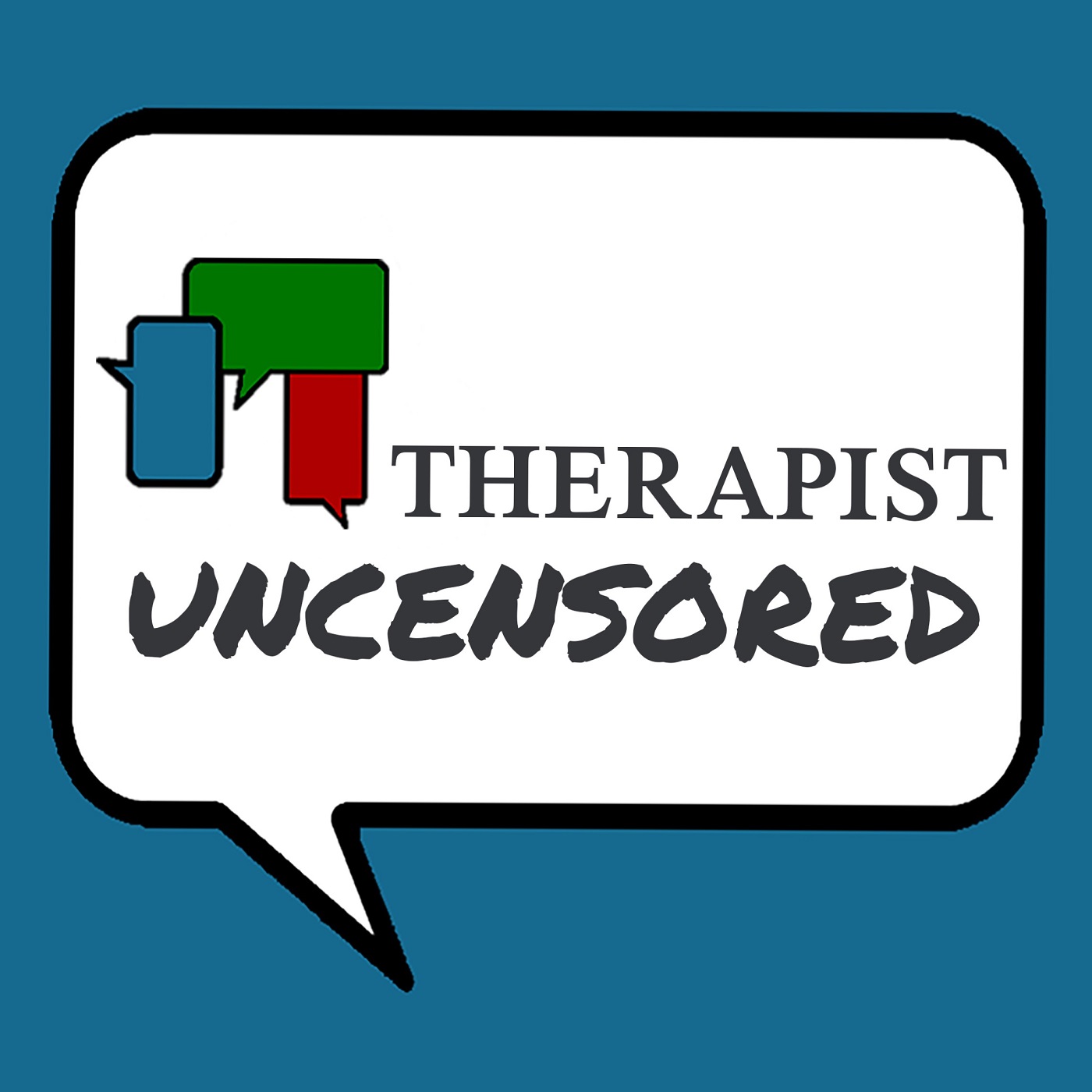- Science
- Social Sciences
- SEE MORE
- classical
- general
- talk
- News
- Family
- Bürgerfunk
- pop
- Islam
- soul
- jazz
- Comedy
- humor
- wissenschaft
- opera
- baroque
- gesellschaft
- theater
- Local
- alternative
- electro
- rock
- rap
- lifestyle
- Music
- como
- RNE
- ballads
- greek
- Buddhism
- deportes
- christian
- Technology
- piano
- djs
- Dance
- dutch
- flamenco
- social
- hope
- christian rock
- academia
- afrique
- Business
- musique
- ελληνική-μουσική
- religion
- World radio
- Zarzuela
- travel
- World
- NFL
- media
- Art
- public
- Sports
- Gospel
- st.
- baptist
- Leisure
- Kids & Family
- musical
- club
- Culture
- Health & Fitness
- True Crime
- Fiction
- children
- Society & Culture
- TV & Film
- gold
- kunst
- música
- gay
- Natural
- a
- francais
- bach
- economics
- kultur
- evangelical
- tech
- Opinion
- Government
- gaming
- College
- technik
- History
- Jesus
- Health
- movies
- radio
- services
- Church
- podcast
- Education
- international
- Transportation
- Other
- kids
- podcasts
- philadelphia
- Noticias
- love
- sport
- Salud
- film
- and
- 4chan
- Disco
- Stories
- fashion
- Arts
- interviews
- hardstyle
- entertainment
- humour
- medieval
- literature
- alma
- Cultura
- video
- TV
- Science
- en
TU70: Challenge Your Busy Identity Gain Consciousness Over Your Pace

b'Do you use a to-do list as a way to justify the need to be busy rather then the other way around?\\xa0 Idleness can breed discomfort and busyness seems to help to fill in the gap. Learn how\\xa0conscious\\xa0busyness and idleness can generate cognitive health and happiness, while\\xa0unconscious\\xa0busyness just adds to the stress trap.\\nAs real therapists, we challenge you to not believe what you think.\\xa0 Inquire. It\\u2019s healthy to question the stories you tell about yourself and the world\\u2026 update your model.\\xa0 Check out your story.\\xa0 See if what you tell yourself is still true, or has ever been true. If it\\u2019s right there is no problem in questioning,\\xa0 but if you are in a mental rut you wouldn\\u2019t know it unless you cache the map and look again.\\nIn this episode we ask you, has being busy become an identity, a badge of honor, or is it simply a fear of being idle?\\xa0 Perhaps an antidote to loneliness? A way to be needed?\\xa0 A VIP?\\xa0 Are you choosing your schedule or feel as if you are being handed it?\\xa0 Is that true?\\xa0 \\U0001f642\\nDive deep into an exploration of how our relationship to busyness can distance us from ourselves and those around us.\\nTherapist Uncensored co-hosts Ann Kelley and Sue Marriott discuss how a sense of urgency,\\xa0a desire for a sense of importance, stress, and discomfort are all interrelated in dealing with idleness in your everyday lives. We\\u2019ll talk about how you can keep your mind engaged in moments of idleness and how you can make the most of your resting state by truly being idle or through purposeful activity.\\n0:00-10:00 \\xa0Introduction Why do our minds want to be busy? How is being busy a culturally dictated status symbol? Choice and sense of urgency effect Purpose, busyness and stress\\nThe psychological discomfort of idleness despite the natural, evolutionary desire to choose it\\n10:00-20:00 \\xa0Choosing idleness as a primal need to conserve energy Natural aversion to idleness without purpose The appeal of mindfulness through its intent to bring you something Keeping your brain busy with new skills keeps it healthier in the long run (processing speed, episodic memory)\\n20:00-30:00Differentiating being full vs. being busy Importance vs. urgency Your brain is always working, even (or especially) in idle times How best to use your resting state\\n30:00-40:00Learn to be idle rather than occupy your idle time OR move and be active (purposeful l idleness vs. purposeful activity) Boredom and stimulation, meaning and purpose Wrap up and outro\\n\\xa0\\nResources:\\nBeing busy may be good for your brain! \\xa0Smithsonian Magazine. \\xa0\\nThe Challenges of the Disengaged Mind\\xa0\\nThe Busier the Better: Greater Busyness Is Associated with Better Cognition\\n\\xa0\\n\\nWe appreciate our sponsor TheraNest! \\nOur show is not just for mental health professionals AT ALL, but if you are a mental health professional, you will appreciate our sponsor as well! \\xa0Most of us do not want to spend our time on the business aspect of our practice.\\n\\nTheraNest is a practice management software that will help you streamline and manage your entire practice with ease. \\xa0They provide HIPPA compliant documentation, full-featured calendar (even with text reminders!), insurance and client billing, credit card processing and live customer service. \\xa0Ourlisteners receiving 20% discount on first three months if you sign up with TheraNest.com/Therapistuncensored.'